Germany says not capable of being part of coalition to provide Ukraine with warplanes
Germany has insisted that it lacks military capabilities to contribute to a British-backed initiative to supply Ukraine with warplanes in efforts to satisfy Kiev's desperate pleas to access air power in its war against Russia.
German Defense Minister Boris Pistorius admitted on Wednesday that his country has neither the training capacity nor the right military equipment to be part of a Western effort spearheaded by the United Kingdom to secure advanced warplanes for Ukraine.
"We cannot play an active role in such an alliance, in such a coalition, because we have neither the training capacities, the competencies or the planes," he said in capital Berlin during a joint press conference with his British counterpart Ben Wallace.
Pistorius's remarks came just a few days after Britain announced during a summit of European leaders in Reykjavik, Iceland, that it was working with the Netherlands to build a so-called international "jet coalition" to help Ukraine obtain F-16 fighter jets from its mostly Western allies.
Ukrainian officials have placed the US-made warplane at the top of their wish-list in an attempt to gain access to advanced jet fighters.
This is while Britain, Germany and the US have so far refused to supply Kiev with their own combat aircraft.
Ukraine is reportedly eager to also secure a deal to obtain Sweden's Gripen fighters.
"It's up to the White House to decide if it wants to release that technology," Wallace said, for his part, but added that London would support in whatever ways it could any nation wishing to supply Ukraine, which largely operates aged Soviet-era warplanes.
"What's really important here is to signal to Russia that we as nations have no philosophical principle objection to supplying Ukraine capabilities that it needs depending on what is going on, on the battlefield," the British defense minister claimed.
Pistorius tried to follow a similar line to Wallace, insisting that it "depends on the White House... to decide whether the F-16 fighter planes can be delivered."
France and Belgium has also offered to help train Ukrainian pilots on the modern fighter aircraft.
Washington has so far ruled out supplying Kiev with F-16 jets, arguing that the move would be impractical due to training requirements and the potential for the jets to be shot down by Russian air-defense systems.
No Western-designed jets have yet been supplied to Kiev despite its repeated pleas.
Elsewhere in his remarks, Pistorius further underlined that Germany would continue to support Ukraine's war effort by focusing on its areas of expertise, such as tanks and air defense.
On Saturday, Berlin announced plans to ship a massive package of weaponry for Ukraine worth 2.7 billion euros in its latest bid to further fuel the US-led war effort against Russia.
Berlin’s arms package for Kiev includes 20 Marder infantry fighting vehicles, 30 Leopard 1 tanks, 15 Gepard anti-aircraft tanks, 200 reconnaissance drones, four additional Iris-T anti-aircraft systems including ammunition, additional artillery ammunition and more than 200 armored combat and logistics vehicles.
Earlier this month, Kremlin spokesman Dmitry Peskov warned that Germany is increasingly getting involved in the Ukraine war due to the huge amount of armaments Berlin has offered to Kiev.
Russia began what it described as a "special military operation" in Ukraine on February 24, 2022 as part of a national security measure against the persisting eastern advance of the US-led NATO military alliance as well as protecting the eastern Ukraine's Russian-speaking population against hostile efforts by Kiev.
Since then, the US and most European Union member countries have supplied Ukraine with tens of billions of dollars worth of weapons, including rocket systems, drones, armored vehicles, tanks, and communication systems despite Russia's repeated warnings that the Western military assistance will only prolong the war.
Germany, along with the US, has served as one of the biggest suppliers of weaponry to Ukrainian military.
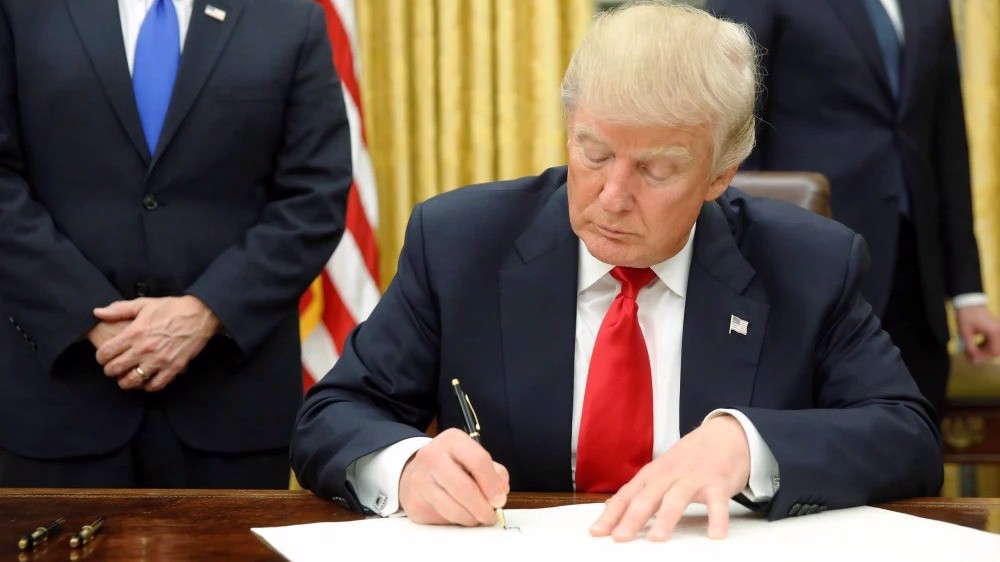
Trump extends Russia sanctions ahead of meeting with Zelensky
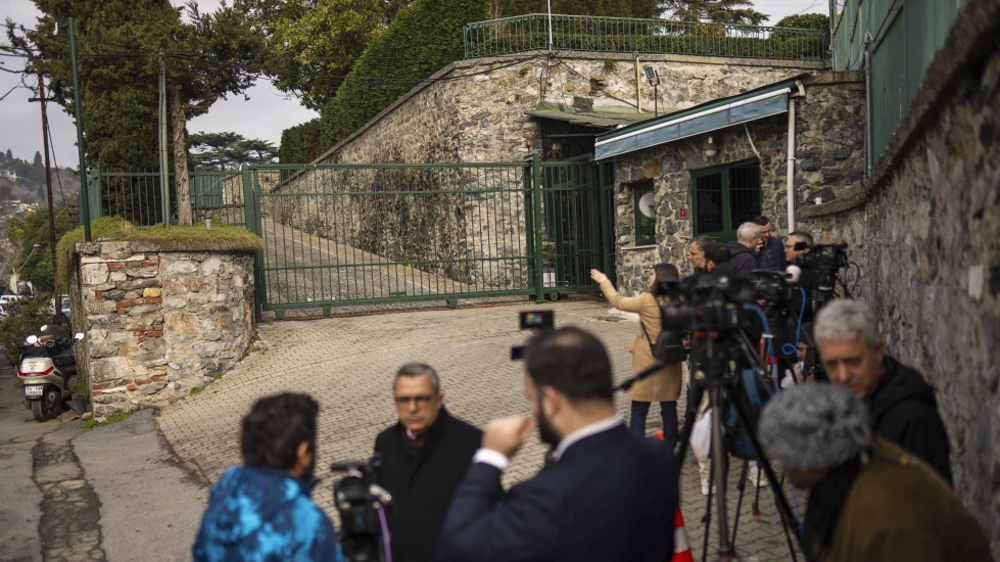
Russia, US diplomats to meet in Istanbul to discuss restoration of embassies: Lavrov
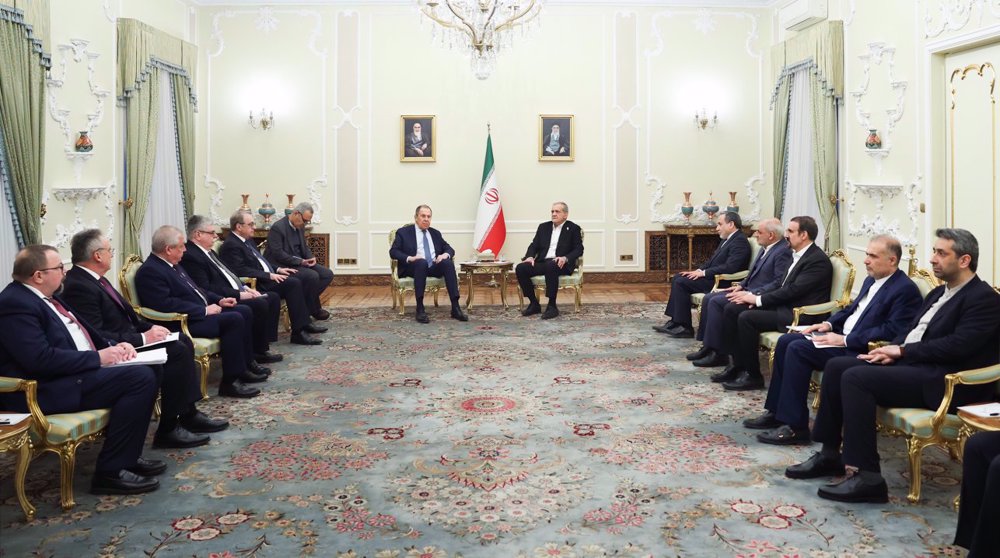
Iran’s president vows to accelerate cooperation with Russia
Iran's freestyle wrestling team clinches championship title in Albania ranking series
Trump seeks sweeping cuts to State Department: Report
VIDEO | Iran, Pakistan strengthen media cooperation to foster cultural ties
VIDEO | BRICS workshop in Tehran strengthens innovation, cooperation
Iran condemns deadly bombing in Pakistan, stresses regional unity to fight terror
Jordanians rally en masse to censure Trump's Gaza takeover plan
VIDEO | Press TV's news headlines
Iraq asserts commitment to security agreement with Iran


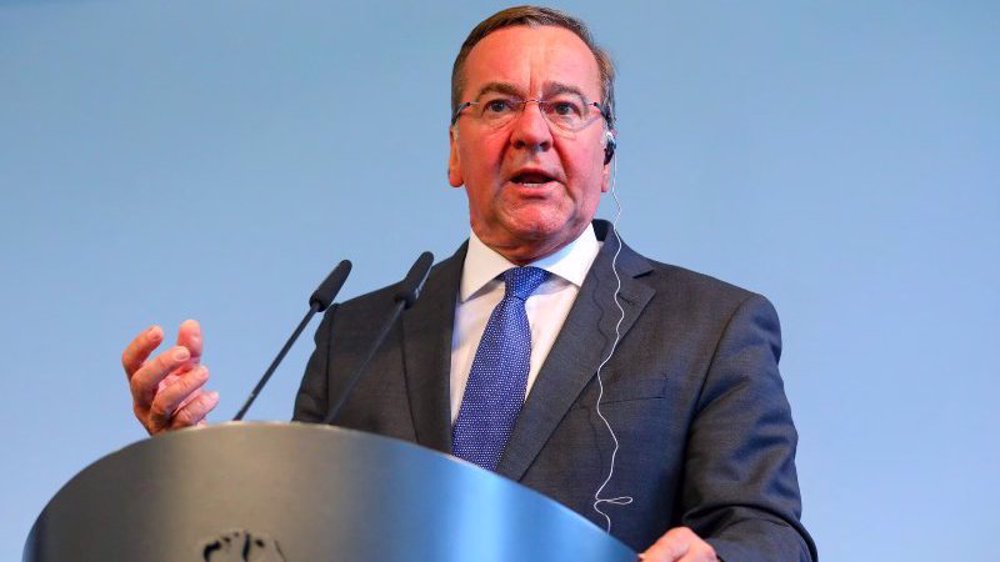
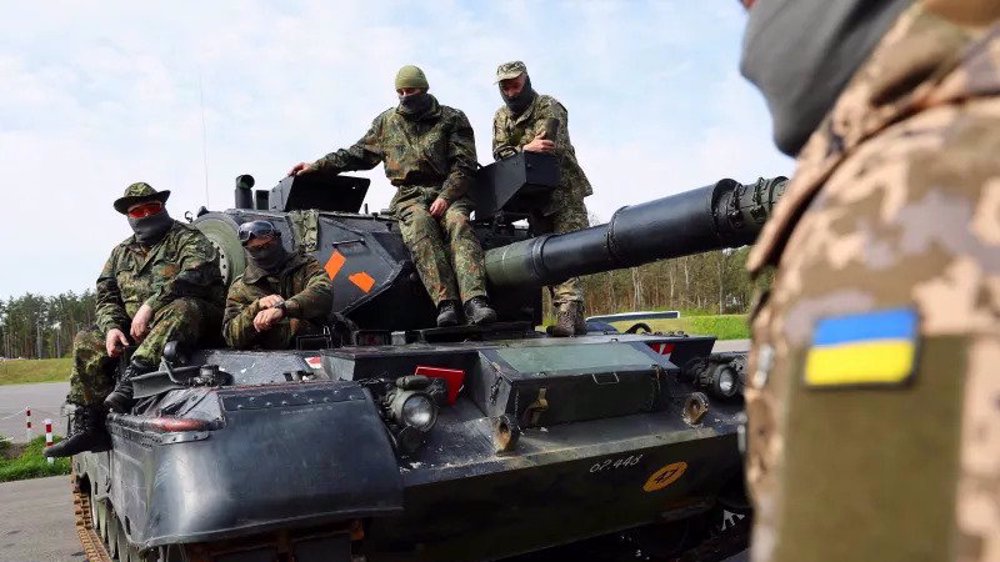
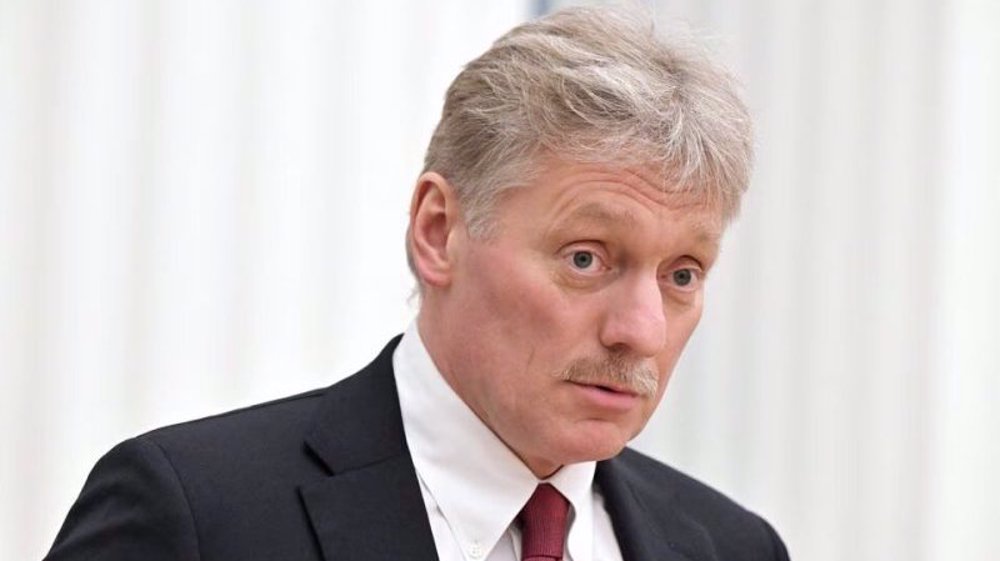



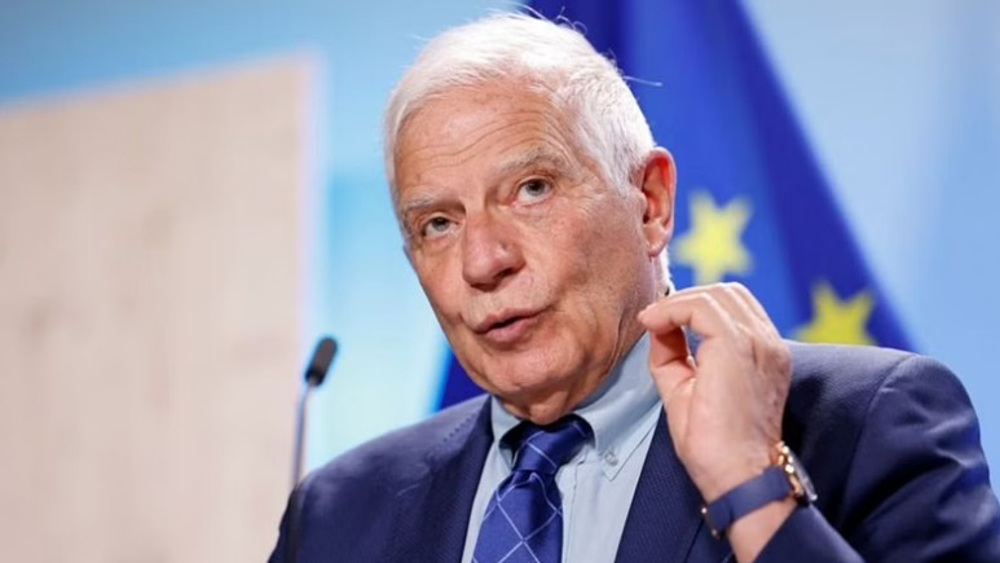
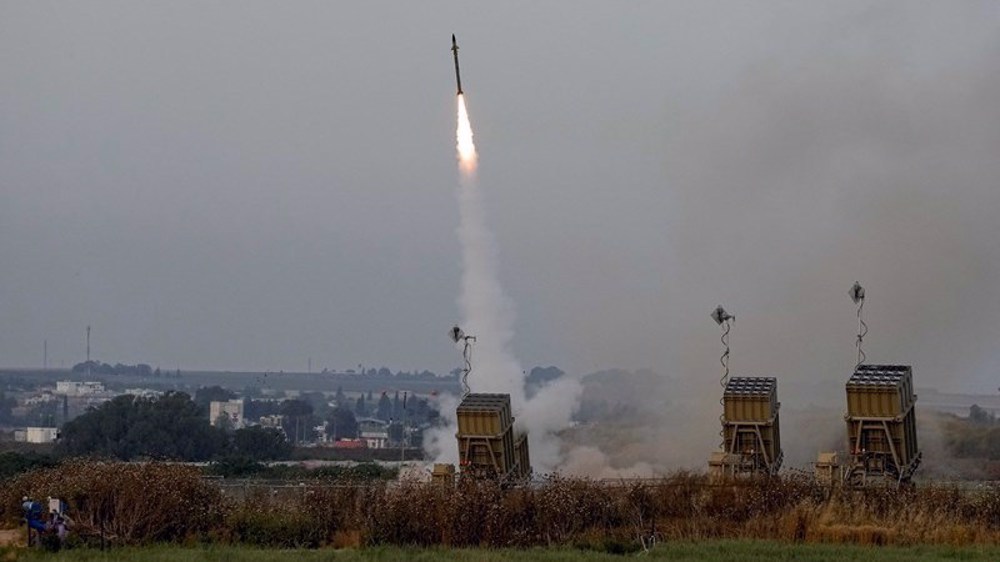


 This makes it easy to access the Press TV website
This makes it easy to access the Press TV website